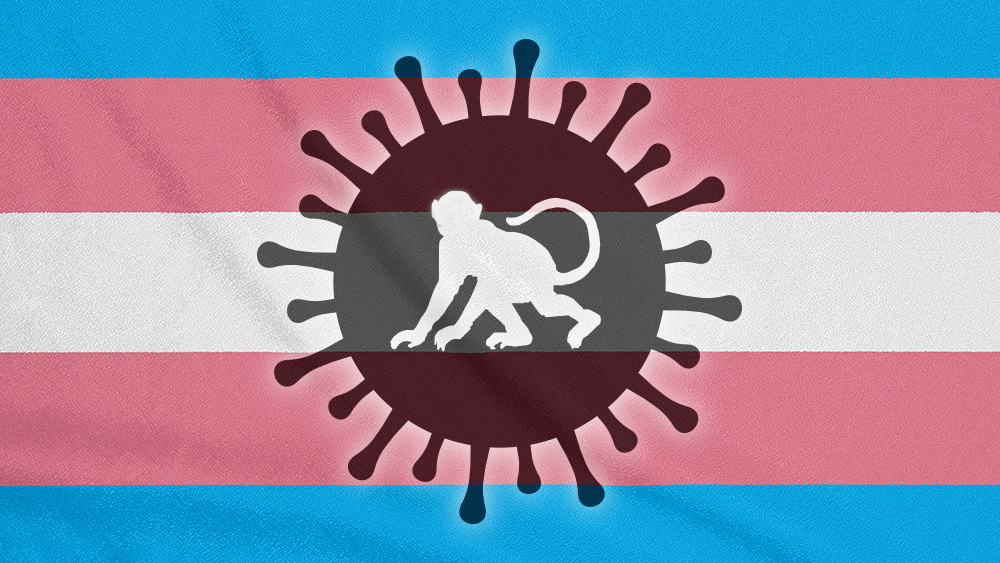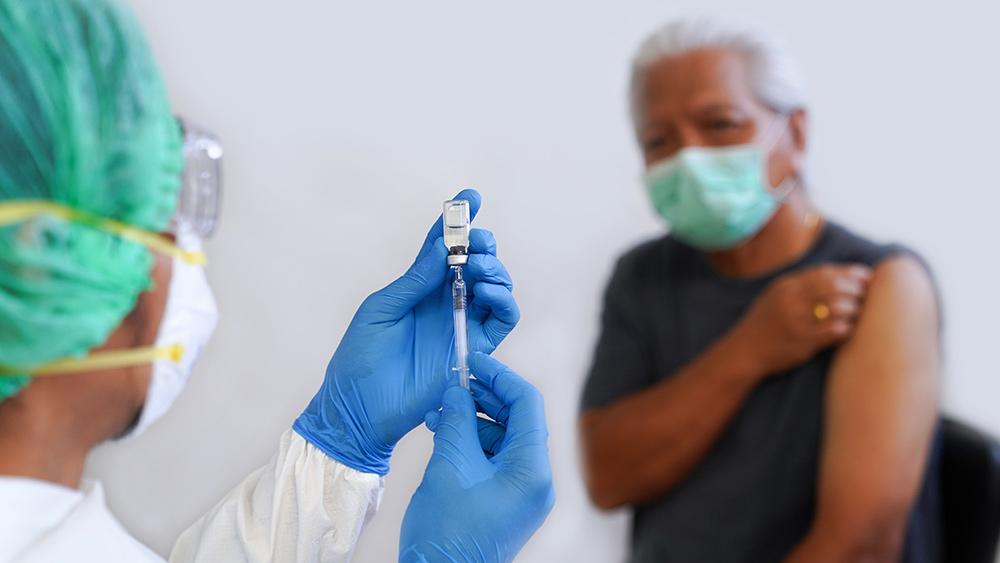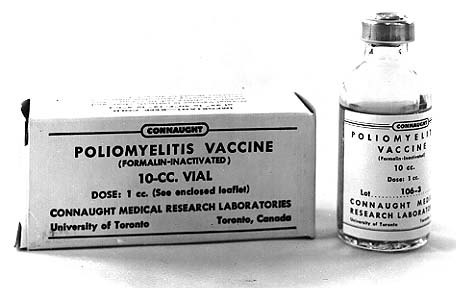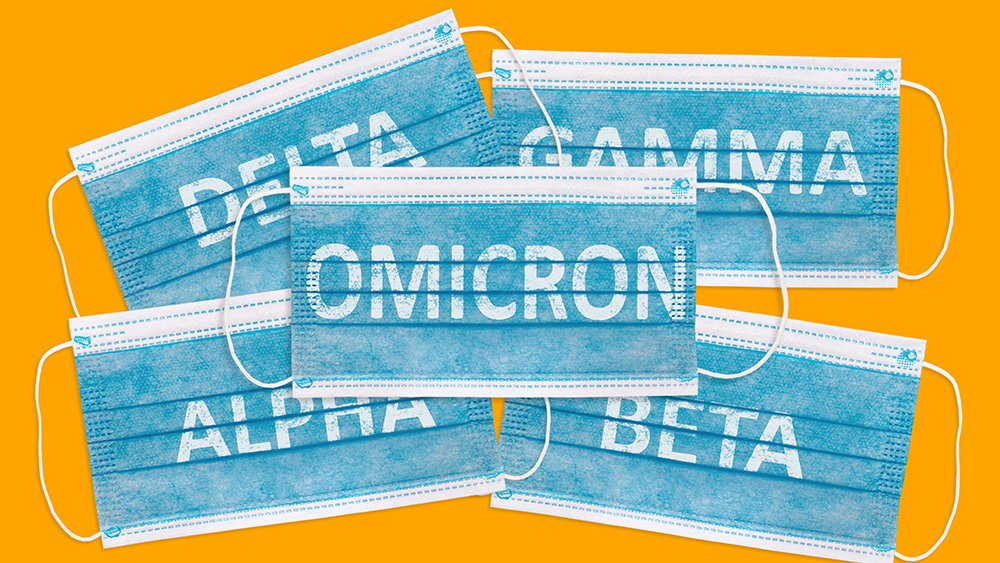PROFITS OVER PEOPLE: California hospitals refused coronavirus patient transfers for financial reasons
11/16/2020 / By Franz Walker

Some large hospitals in Southern California delayed or outright refused to accept Wuhan coronavirus (COVID-19) patients based on their insurance status, leaving severely ill patients without care and adding to the strain on hospitals already overrun by the pandemic.
The revelation comes from internal emails obtained by the Wall Street Journal from California’s Emergency Medical Services Authority. They state that at least four California health systems declined to accept COVID-19 patients in May: Cedars-Sinai in Los Angeles; Sharp HealthCare in San Diego; Prime Healthcare in Ontario, Calif. and Loma Linda University Health. In some cases, however, the denying hospital was not named or quantified so that total could be higher.
Transfers from overrun county hospitals refused
Two of the transfers in question came from hospitals in Imperial County that were overrun with COVID-19 patients. The rural county, situated between Arizona, San Diego County and Mexico, was overwhelmed by coronavirus cases between May and July. Unlike larger counties in the state, Imperial only has two small hospitals. This led to them having to transfer a lot of patients after they got overrun with COVID-19 cases.
Emails obtained by the WSJ show that state officials told hospitals that were supposed to receive the patients from Imperial County that the state would cover treatment costs of uninsured patients. However, the hospitals either refused to accept the patients or held up the transfers on the basis that the patients were uninsured, on Medicaid, or for other reasons related to reimbursement.
In one case, Loma Linda University Health first sought assurance from transfer coordinators that it would be paid rates of up to 130 percent of Medicare prices for two uninsured patients. In its defense, the health system said that this was standard industry practice claiming that it stopped demanding the payments once it learned just how overrun the hospitals in Imperial County were.
In another instance, two COVID-19 patients needed to be transferred from the overrun El Centro Regional Medical Center to Huntington Beach Hospital for supplemental oxygen. Rodolfo Jardiel Jr., case manager at El Centro, told his chief executive that the Huntington Beach hospital had asked for insurance approval for the patients. Jardiel argued that such transfers “shouldn’t require any authorization from payer otherwise they’ll be violating.”
In response, Prima Healthcare, which owns the Huntington Beach hospital, said that the patients had already been stabilized at El Centro, meaning that they were no longer covered by the federal Emergency Medical Treatment and Labor Act.
Hospital systems claim they were legally allowed to refuse transfers
In response to the report, some hospital systems have stated that they were within their legal right to refuse the patients.
A spokeswoman from Cedars-Sinai Medical Center said that the hospital followed the law when it declined transfers. She said that patients in need of transfers that it declined did not require specialized care available at Cedars-Sinai. In addition, the hospital sought to reserve beds for an anticipated local surge.
According to the federal Emergency Medical Treatment and Labor Act, hospitals with resources must accept all transfers of emergency patients from hospitals without those resources. In addition, hospitals cannot delay medical care or transfers to verify insurance for these emergency transfers. (Related: Update: Southern California city SUES federal government to stop dangerous relocation of coronavirus patients.)
Transfer denials, however, are legal for patients already admitted under intensive care as well for those who would not get a higher degree of care at a receiving hospital, said a spokesman for Global Medical Response Inc., which owns a transfer center hired by California to relieve Imperial County hospitals.
Other hospitals dispute the claims made by the WSJ report. John Cihomsky, a spokesman for Sharp HealthCare, said that their system does not limit transfers based on insurance. He said that a transfer request from El Centro was canceled, but that was because the patient had been transferred elsewhere.
In addition, state data shows that the four-hospital Sharp, which has about 290 intensive-care beds, accepted 43 patients from Imperial’s overrun hospitals in August.
Follow Pandemic.news for more on how hospital systems around the country are being overwhelmed by the coronavirus.
Sources include:
Submit a correction >>
Tagged Under:
California, coronavirus, covid-19, deaths, disease, epidemic, fatalities, Flu, greed, health insurance, hospital, hospital systems, insurance, outbreak, pandemic, profits, transfer, virus
This article may contain statements that reflect the opinion of the author
RECENT NEWS & ARTICLES
Infections.News is a fact-based public education website published by Infections News Features, LLC.
All content copyright © 2018 by Infections News Features, LLC.
Contact Us with Tips or Corrections
All trademarks, registered trademarks and servicemarks mentioned on this site are the property of their respective owners.





















